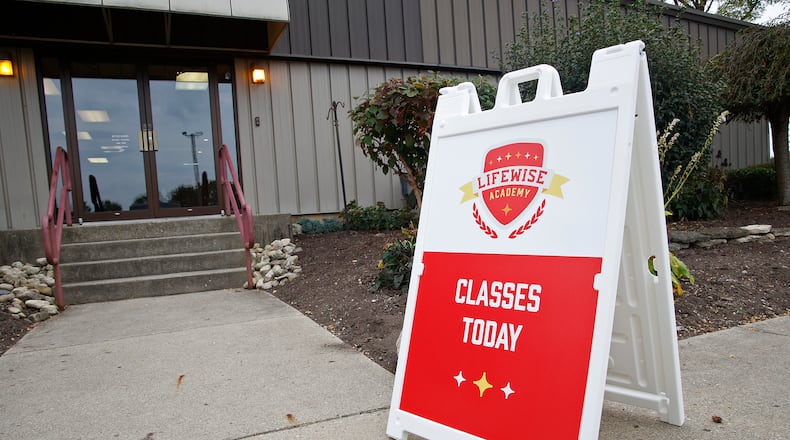The Parents Bill of Rights framework originally sought to establish a mandatory line of communication between public schools and students’ parents, but the bill received significant backlash from LGBTQ+ students and advocates over a provision that requires school officials to report significant changes in a student’s mental health to the student’s parents.
The American Civil Liberties Union and statehouse Democrats argued that the provision will essentially function as a “forced outing” mandate for LGBTQ+ students who have not yet come out at home, potentially putting them in danger.
“This bill’s vague language creates an environment of fear and division, putting LGBTQ+ students at risk and eroding the trust that educators work hard to build with their students and families,” said Jenna Wojdacz, assistant vice president of education at Ohio Center for Sex Education, after the measure passed.
Supporters argued that the bill properly empowers parents to make decisions about their child’s education and mental health.
“Schools should not have the broad authority to keep secret information about someone’s child,” said Senate Education Committee chairman Sen. Andrew Brenner, R-Delaware, before Wednesday’s vote.
When the bill cleared the Ohio House last June, bill sponsor Sara Carruthers, R-Hamilton, told this outlet that she’d be open to amending the bill to address the forced outing concerns. “It has nothing to do with LGBTQ+; it never did, it shouldn’t,” she said.
But the Ohio Senate declined to add explicit safeguards to the bill, denying an amendment proposed by Democrats that would allow school districts to “withhold such information from a a parent if a reasonably prudent person would believe the disclosure would result in abuse, abandonment or neglect.”
The Senate did, however, amend H.B. 8 to require Ohio’s public school districts to adopt a policy to allow students to leave class in the middle of the day to attend third-party religious instruction.
Democrats argued that the law would disrupt students’ school days and burden teachers.
Former public school teacher and administrator Rep. Adam Bird, R-New Richmond, argued late Wednesday night that mandatory religious release would actually be beneficial to public schools, which are increasingly faced with the potential of losing students to private schools following the state’s investment of over a billion dollars into a new private school voucher program.
“I would give this warning to the opponents of release time for religious instruction: If you continue to push back, and if you continue to tell parents that they can’t choose just a few minutes a day of release time for religious instruction, you’re going to leave them with no choice but to leave for the entire day and go to a Christian school, a charter school, a non-public school,” Bird said.


